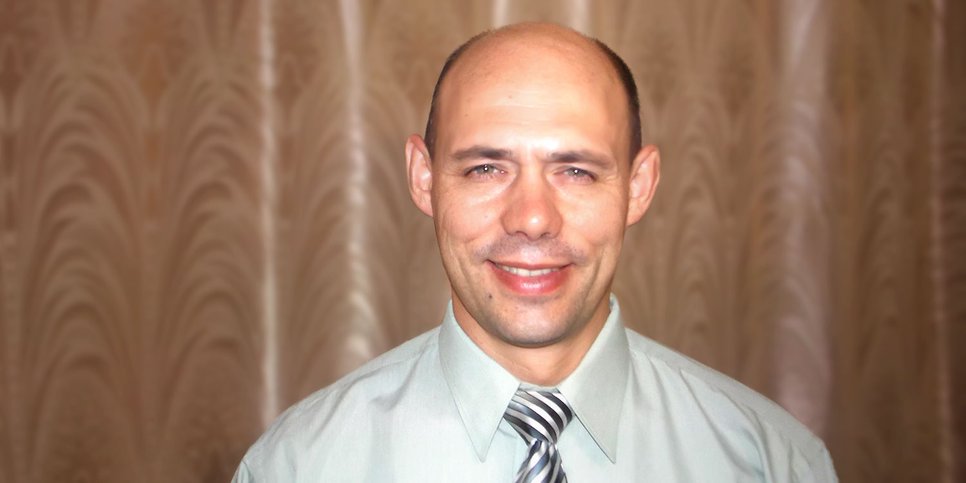Photo: Igor Ivashin
Photo: Igor Ivashin
Envelope Inscribed "Bible Quiz": Igor Ivashin, Sentenced to Six Years’ Probation, Will Receive Back Material Evidence of His ‘Crime’
Sakha (Yakutia)The April 1st verdict to the believer — a husband and father of two children — provides a list of material evidence by which one can judge the nature of his ‘crime’: “Religious cards; religious games; envelope with religious pictures; Bible domino; folder with Bible comics; box with postcards."
An eloquent list of "evidence of guilt" is supplemented by "two Bibles; three diaries; seven notebooks; two halves of a notebook; the book "Is there a caring Creator"; the book "Spivanik in Praise of Yegovya"; the booklet "First Encounter with God's Word"; "The Bible. Modern translation"; the book "New Testament and Psalms"; the book "On People Who Never Part with the Bible"; the booklet "Consolation for the Suffering from Depression"; photo album". In addition, the list includes laptops, tablets, phones, storage devices.
At the same time, the state prosecutor Oksana Slastina recommended that the court sentence Igor Ivashin to 7 years in prison with serving the sentence in a general regime colony. In his last speech, the believer unsuccessfully tried to reach out to the judge: "There are no victims in my criminal case, there is not even a statement against me. There is nothing! But a serious accusation has been made. Unfounded!" On April 1, 2020, Zhanna Schmidt, judge of the Lensky District Court of the Republic of Sakha (Yakutia), handed down a harsh sentence to Igor Ivashin: 6 years of suspended imprisonment for believing in Jehovah God.
The criminal case against Igor Ivashin was initiated after large-scale police raids in the summer of 2018. His home was searched, during which the security forces seized the items listed above. The investigation considered the presence of these items in Igor's apartment to be convincing "evidence" of his extremist activities.
Earlier, in November 2019, Judge Sergei Osmushin returned Ivashin's case to the prosecutor. The court then noted that "it is not possible to understand" what the expert opinions in the criminal case testify to "at all." Obviously, the "evidence" of the crime provided by the investigation also looked unconvincing. Nevertheless, the retrial of the case in the new composition of the court eventually ended in a guilty verdict.
Despite the fact that the prosecutor's office asked to sentence Igor Ivashin to real imprisonment, the judge still sentenced him to probation. Also, according to the judge, "the prosecution did not prove that the defendant committed propaganda to induce the rupture of family and family relations, a call to refuse medical intervention." The judge excluded these points from the charges.
Judging by the text of the verdict, Zhanna Schmidt also admitted that the Supreme Court of Russia did not prohibit individuals from professing the religion of Jehovah's Witnesses and "did not deprive its followers of the right ... the exercise of independent worship." Article 28 of the Russian Constitution also does not prohibit "the practice of any religion individually or in community with others." However, despite the convincing arguments of the defense, the court decided that Igor Ivashin was guilty of committing a crime under Part 1 of Article 282.2 of the Criminal Code of the Russian Federation – that he "carried out religious instruction and religious preaching", as well as "sang choral religious songs".

